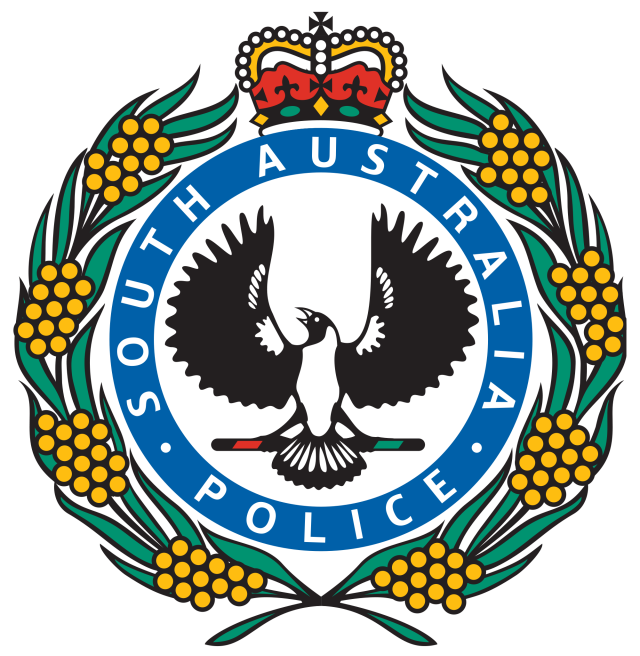Charlotte Varcoe
A NEW trial triage system within the South Australian Police will apply to welfare checks while other major callouts will not be affected.
A welfare check is when a community member or a member of a government agency calls police and asks them to attend a home to check on the residents welfare.
Assistant commissioner Philip Newitt said the same “positive impacts” felt by city-based police officers will be experienced by country-based officers as the trial policy applies to all police operations.
“In the 2022/2023 financial year, SAPOL received over 53,000 requests for police officers to check on a person’s welfare,” Mr Newitt said.
“The reasons for the requests are wide and varied but what SAPOL can say is that when police are sent to check on a person’s welfare, on average a routine response takes two hours and seven minutes.”
He said many of the requests would continue to be attended to, with some frontline officers telling SAPOL some requests “should not be the responsibility of police”.
“The trial policy position seeks to identify those requests, the non-police work, at the point the call is taken and provide advice to the person as to other ways to resolve their request,” Mr Newitt said.
“The trial specifically applies to check on welfare requests and does not apply to domestic violence call outs or mental health callouts.
“It is just to those high volume more routine requests that are considered to not be the responsibility of police.”
He said police would “always attend to public requests” where there was a “present or immediate risk” to a person’s life or circumstances were likely to result, in a serious injury, where there is a likelihood a person has died, where an offence has or is or is about to be committed and where there were concerns for a child’s safety or wellbeing.
“All calls are assessed according to the circumstances elicited from the caller with aspects of threat, harm, risk, investigation avenues, vulnerability and the need for police engagement given careful consideration,” Mr Newitt said.
“When a person rings for police on 131 444 the call will be assessed using the criteria and if a person rings their local police station and the details are taken for sending to patrols, the request will be assessed by the communications centre staff for compliance with the trial policy.”
The trial triage system will continue until August with SAPOL encouraging community members to continue calling 131 444.








